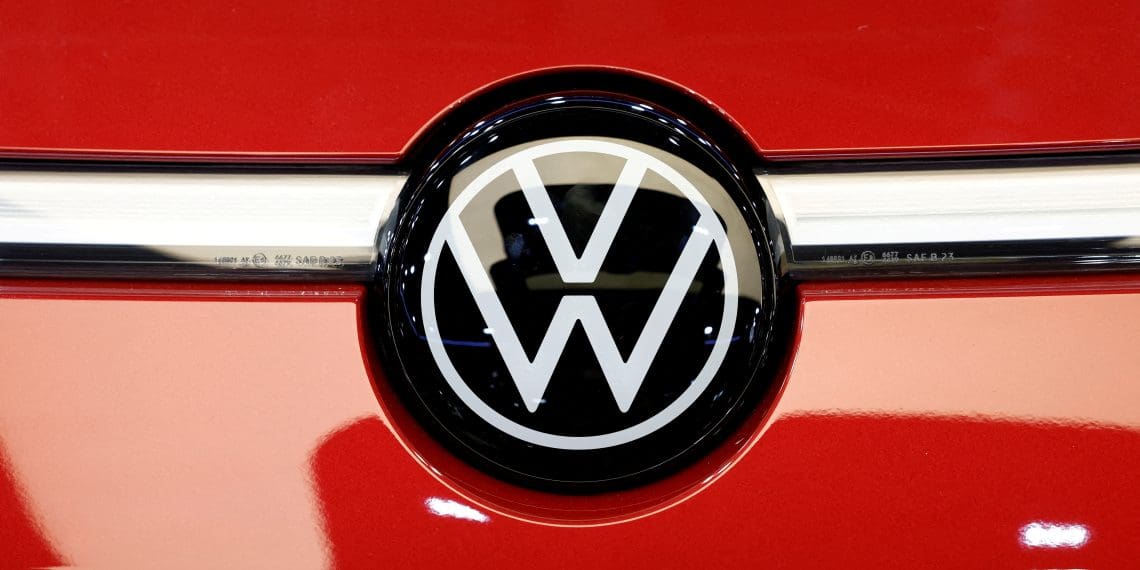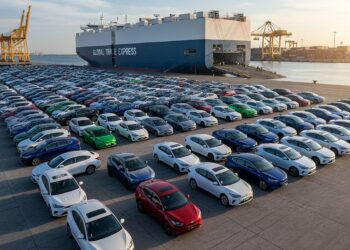The labor dispute between Volkswagen (VW) and IG Metall, Germany’s largest industrial union, is reaching a boiling point. Workers at the automaker’s German plants could begin strikes as early as next week, marking the most significant industrial action at VW in six years.
Union’s Ultimatum: Strike Action Looms
IG Metall has issued a stark warning: without an agreement by November 30, workers across Germany’s Volkswagen plants may stage warning strikes starting Monday. These initial walkouts, lasting anywhere from a few hours to a day, could escalate into 24-hour or indefinite strikes if wage negotiations on December 9 fail to produce a deal.
“Strikes are possible and also necessary from the beginning of December,” IG Metall declared in a handout to workers.
Volkswagen’s Tough Stance: Wage Cuts and Plant Closures
Volkswagen is under pressure to slash costs amid fierce competition from Chinese automakers and waning demand in Europe. The company has proposed a 10% wage reduction and hinted at the unprecedented step of closing German plants, breaking its 87-year history of avoiding such measures.
Volkswagen argues that the cuts are essential to defend its market position and protect profitability. However, the proposals have met with fierce resistance from unions, who argue that plant closures and layoffs are not the answer to the company’s challenges.
Union’s Counterproposal: Avoiding Redundancies
In response to VW’s cost-cutting demands, IG Metall has proposed measures aimed at avoiding layoffs and closures. These include:
- Reduced Working Hours: Offering flexibility to adjust production levels.
- Forgoing Bonuses: To alleviate financial strain without cutting wages.
- A Long-Term Plan for All VW Plants: Ensuring job security for workers across Germany.
However, Volkswagen management remains firm in its stance, signaling that plant closures remain on the table as a cost-cutting measure.
Impact on Volkswagen: Rising Challenges
A strike at Volkswagen could severely disrupt production at a time when the automaker is already grappling with:
- Declining Deliveries: European car demand is softening, with competition from Chinese EV makers intensifying.
- Falling Profits: Profit margins have been shrinking, putting additional pressure on VW to restructure.
- Global Market Challenges: As the industry transitions to EVs, VW faces stiff competition from Tesla and other emerging players.
A Workforce Ready to Fight
IG Metall has vowed to resist any proposals that fail to protect jobs and ensure a viable future for all VW plants. The union insists the onus is on management to prevent a prolonged and damaging conflict.
“Volkswagen will determine at the negotiating table how long and how hard the conflict will be,” the union warned. “The VW workforce throughout the country is ready to strike.”
Looking Ahead: High-Stakes Negotiations on Dec. 9
With the next round of wage negotiations scheduled for December 9, both sides have little time to find common ground. Failure to strike a deal could result in widespread, prolonged strikes, further denting Volkswagen’s output and reputation.
As the clock ticks, all eyes are on Volkswagen and IG Metall to see if Germany’s largest automaker can navigate this labor storm without compromising its future or its workforce.










